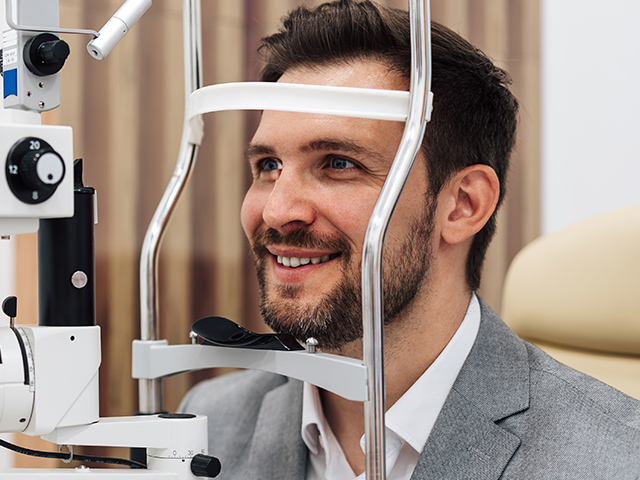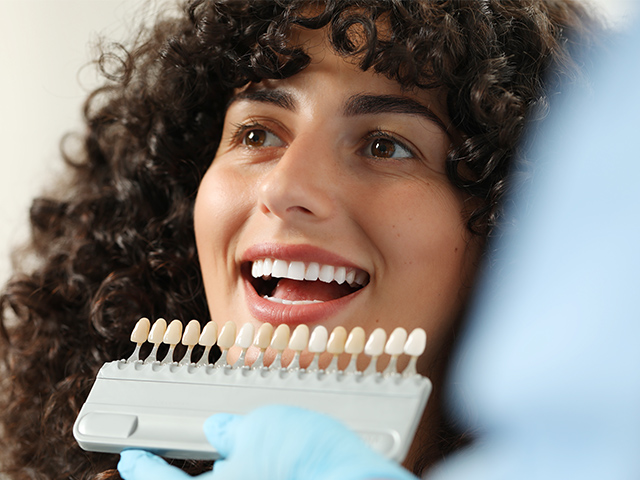
While your dentist will always do everything possible to maintain your natural teeth, there is no getting away from the fact that sometimes, issues occur that mean that the best way to preserve your oral health and the rest of your smile is to remove problem teeth. Fortunately, you won’t be alone. Tooth loss is very common, and by the age of 50, most Americans will have lost an average of 12 permanent teeth. And thanks to innovations in dental technology, it is now easier than ever to replace missing teeth with very comfortable and natural-looking alternatives.
Having a tooth removed can be a daunting prospect, and it can help to know what to expect. With this is mind, here is what you need to know about tooth extractions.
Reasons why someone may need a tooth extraction
There are many reasons why someone may be recommended to have a dental extraction. Some of the most common include the following:
Irreparable damage to your teeth
Whether this trauma comes in the form of an accident/injury like a blow to the face, or advanced decay or gum disease, if you experience damage to your teeth that goes beyond what can be confidently repaired with other treatments, extraction may be considered. This is especially the case if the structures that help to hold teeth in place (the socket and root) are damaged too. At this stage, extraction can prevent further complications, including severe infections from developing, that could affect the health of the rest of your mouth.
Impacted wisdom tooth
The wisdom teeth are the last to erupt, usually not coming in until your late teens or early 20s. However, by this point there may not be enough space in your jaw to accommodate them. If this is the case, your wisdom teeth may become stuck under the surface of the gums or partially erupt and then get stuck. This can cause a range of issues including pain and infection as well as damage to surrounding teeth and since they aren’t essential, it is best to remove them. Wisdom teeth are the most commonly extracted teeth of all.
Overcrowding
If you have a small jaw, you are at much greater risk of dental overcrowding. This occurs when there isn’t enough space in the jaw to accommodate them all. When this happens, patients are more likely to experience issues like decay and gum disease since the teeth often become crooked and overlapped. Removing excess teeth through extraction and getting orthodontic treatment to ensure the teeth are straight can totally transform your smile.
What happens during a tooth extraction?
Wherever possible, a dental extraction will take place using local anesthetic, either with or without sedation. This helps to avoid the side effects associated with a general anesthetic.
It’s only in severely complex extractions, or when the procedure is to take place on a patient with specific cognitive or physical disabilities, where a general anesthetic may be considered.
Most teeth can be removed fairly easily in a non-surgical procedure. During this type of extraction, a tool called an elevator is used to rock the tooth back and forth in its socket to loosen it and break it from the root so that it can be removed. This causes minimal bleeding and trauma to the surrounding area. A surgical extraction may be necessary for cases where the tooth is impacted or broken. This involves an incision being placed into the gum, and occasionally the jawbone, to remove the tooth.
Following your tooth extraction, you will likely experience some bleeding and a blood clot will develop over the wound site. This clot will seal the hole left by the missing tooth and root and it’s essential that this stays in place. You’ll be given specific instructions on how to make sure that it remains intact for at least 48 hours following your procedure. You will also be given advice on how to care for your mouth while it heals, including any sutures you’ve been given. Swelling and mild discomfort are also to be expected, and pain relief and cold compresses will help ease any pain and inflammation. You’ll also need to stick to a soft food diet for at least the first few days but should quickly be able to resume eating fairly normally.
For more information about tooth extractions, please speak to our friendly dental team today.







